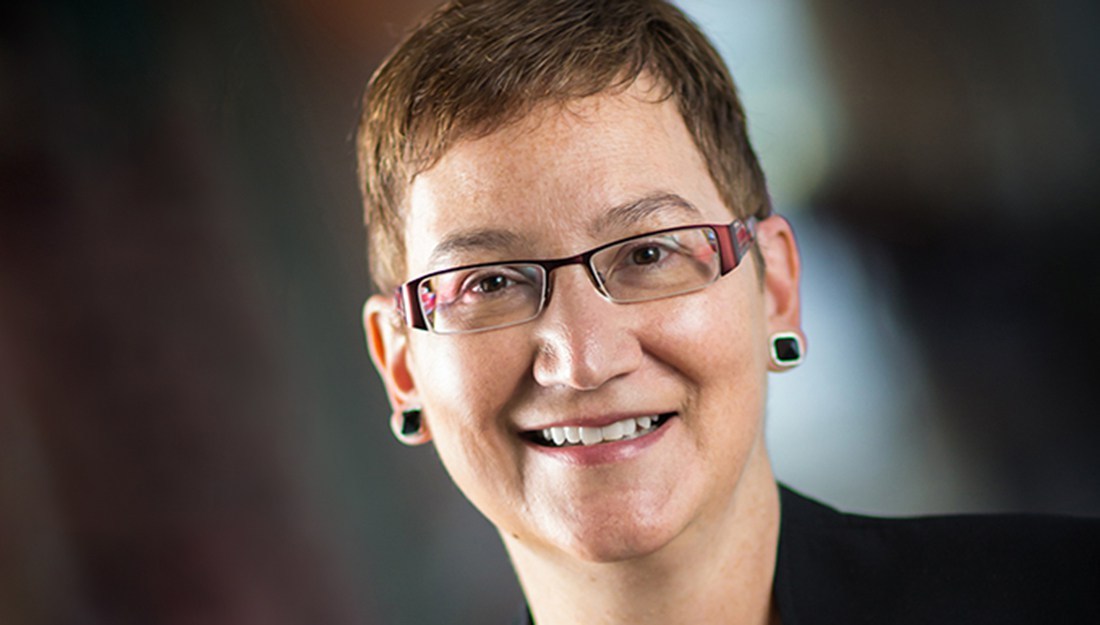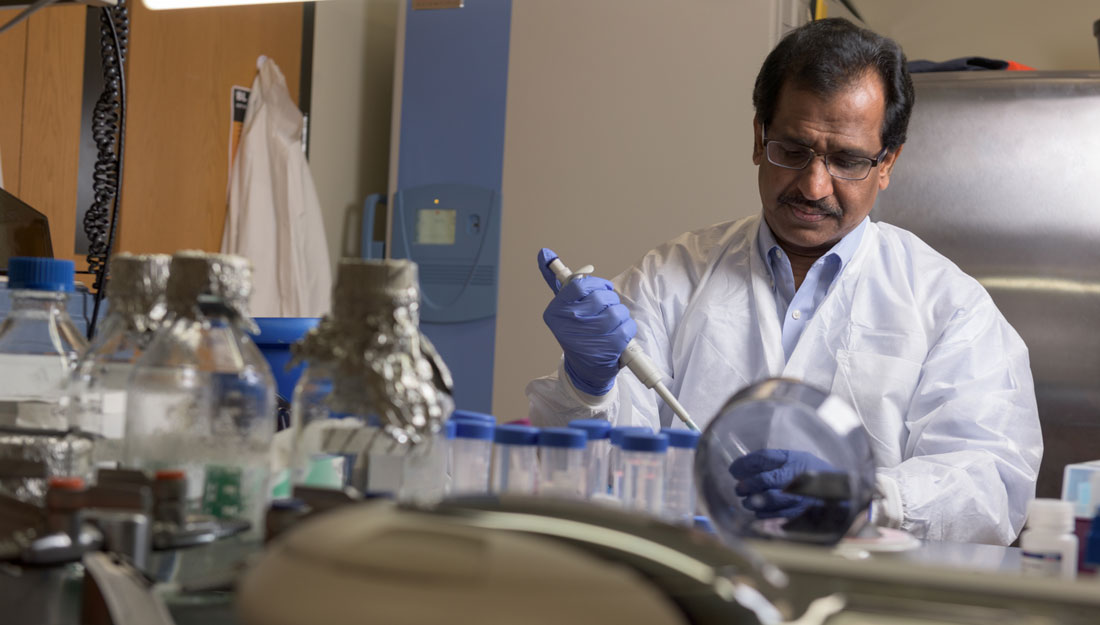Women in Medicine: Carrie L. Byington

At Texas A&M, we celebrate the American Medical Association’s Women in Medicine Month this September by highlighting a few of our extraordinary female researchers, scientists, physicians and students who are making meaningful contributions to medicine every day on our campuses and across the globe.
Carrie L. Byington, MD, is one of these remarkable women. She is dean of the Texas A&M College of Medicine, senior vice president of the Texas A&M University Health Science Center and vice chancellor for health services at The Texas A&M University System—the first female Mexican American to hold such a role for a U.S. academic medical center. Throughout her career, Byington has started important conversations about gender compensation equity in academic medicine and has grown the numbers of women and other under-represented groups in medicine with successful mentoring and training programs. To help mark Women in Medicine Month, she answers some questions about the profession and her life.
Q: Why did you choose to become a physician?
A: I wanted to make a difference, and I wanted to spend my life in the service of others.
Q: Why did you decide to specialize in pediatrics?
A: I became a pediatrician because of the potential children have. When you cure their illnesses, when you support their development, when you help them to be healthy, it is an investment in the future.
Q: Why did you come to Texas A&M?
A: It comes back to potential. I specialized in pediatric medicine because of the potential I see in every child. I became an investigator because of the potential research has to improve health. I came to Texas A&M because I could see the potential of this institution to transform the delivery of health care and the teaching of students in the health professions.
Q: What accomplishment do you consider to be the most significant of your clinical career to date?
A: Helping to found a clinic for women and children living in poverty is one of my proudest professional accomplishments. The clinic, one of the most innovative in the nation, is a medical home, offers interprofessional teaching opportunities and partners with the community to address social determinants of health. The clinic was also the first in the nation to include a public library and to have a summer reading program.
Q: What about your research career?
A: As an investigator, the development and commercialization of new technology for infectious disease diagnostics is probably my most significant contribution.
Q: Why is inclusion in academic medicine important?
A: Because we need every idea at the table, we need people who can contribute in different ways. If I had followed a traditional academic path, I would have had to choose between general pediatrics working in the community and infectious disease research in a laboratory. I believe in letting people follow their passion and contribute expertise in all the areas they are able.
Q: Why is it important to discuss gender compensation equity in academic medicine?
A: We know that there are gender disparities in academic medicine. Using scientific methods to analyze compensation based on productivity and contributions to the field is one way to help scientists recognize and eliminate disparities. A level playing field encourages talented individuals to enter and remain in the field of medicine.
Q: How do you advocate for women in medicine?
A: I try to teach women to be their own best mentors, since it is often difficult for women to find mentors. I nominate women for awards. I give women opportunities to prove themselves in leadership roles. I try to recognize the work of everyone on the team and encourage professional development for women.
Q: Are there any women in medicine, past or present, who inspired or influenced you to pursue a career in the field?
A: There are so many. You can learn a great deal from the history of medicine and from women who forged a path for those of us fortunate enough to practice today. Reading about their lives and the obstacles they had to overcome makes my life and path seem pretty straightforward. I encourage people to read about Drs. Elizabeth Blackwell, Rebecca Lee Crumpler and Susan LaFlesche Picotte, who were famous firsts. I always research the history of women in my field and those from my region. Women with great stories in pediatrics include Drs. Helen Taussig, Mary Putnam Jacobi and Virginia Apgar. In the field of infectious diseases, one of my heroes is Dr. Rebecca Lancefield, a microbiologist who also happened to develop the world’s best recipe for egg nog. When I lived in Utah, I studied the lives of many Utah physicians including Dr. Ellis Ship and Dr. Elizabeth Tracy, who is considered the Rosalind Franklin of tularemia. Finally, since coming to Texas, I’ve read about Dr. Mary Ann Headley Trevino de Edgerton.
Q: What obstacles have you personally faced as a woman in medicine?
A: I have faced the stereotypes that all women in medicine face. I have been mistaken for the nurse or the secretary hundreds of times, and I have had my titles left off when being introduced at professional meetings or to patients. I have experienced salary inequity. I have had to ask for opportunities that were simply given to my male colleagues, even those who were more junior. None of these issues has prevented me from advancing. I have cultivated persistence.
Q: What hurdles do we need to overcome for women in medicine?
A: We need to show young women that they are welcome in the field. We need to create an inclusive environment where all individuals can thrive. We need to demonstrate the professional growth and joy that can come from practicing medicine and conducting research.
Q: Based on your own experiences, what advice would you give young girls who want to pursue a career in medicine?
A: Study hard, create a network of friends and family who will support your goals and believe in yourself.
Q: What is your personal motto?
A: Make a little bit of progress every day—it adds up.
Media contact: media@tamu.edu


